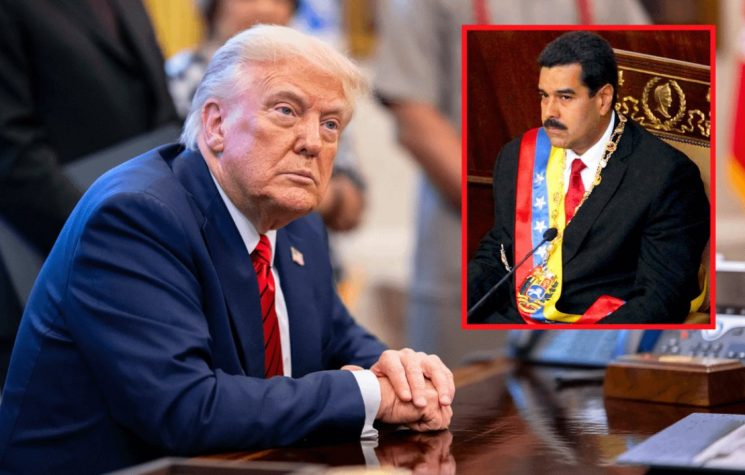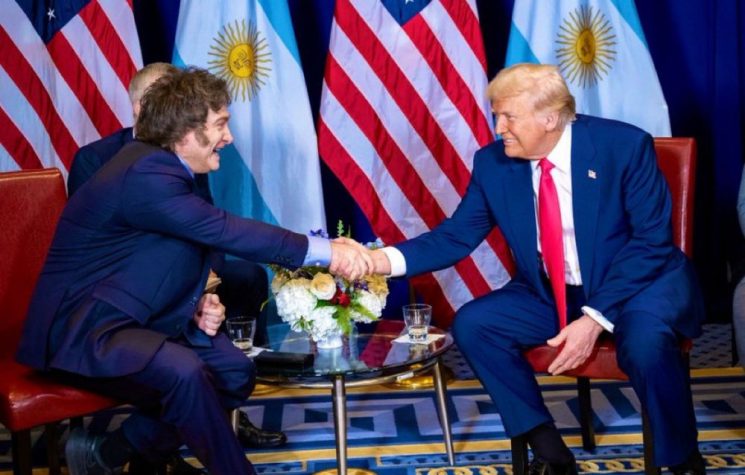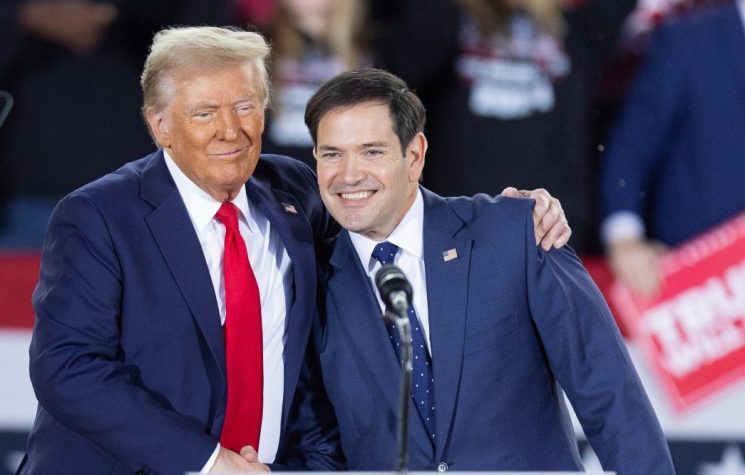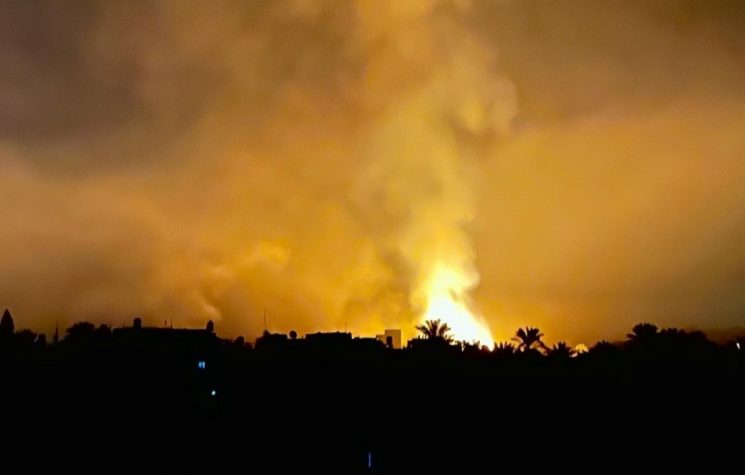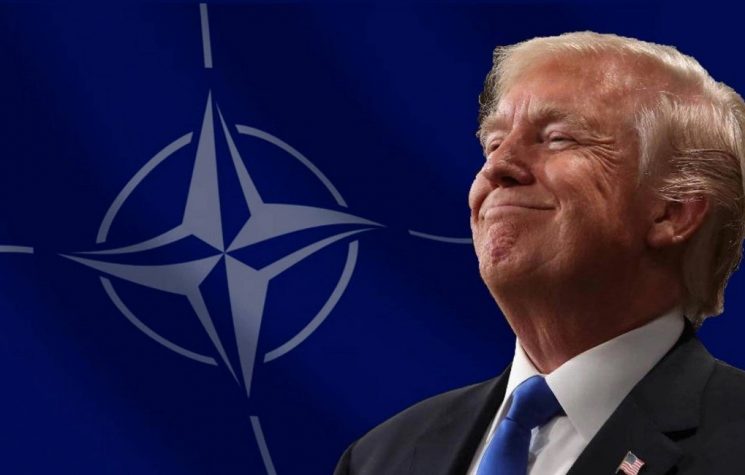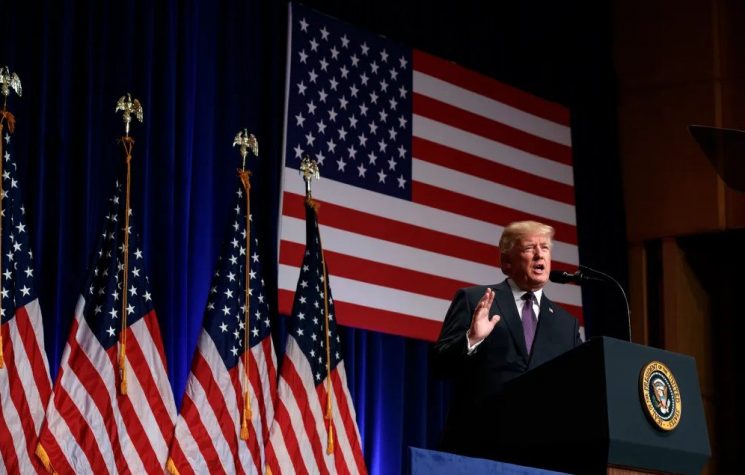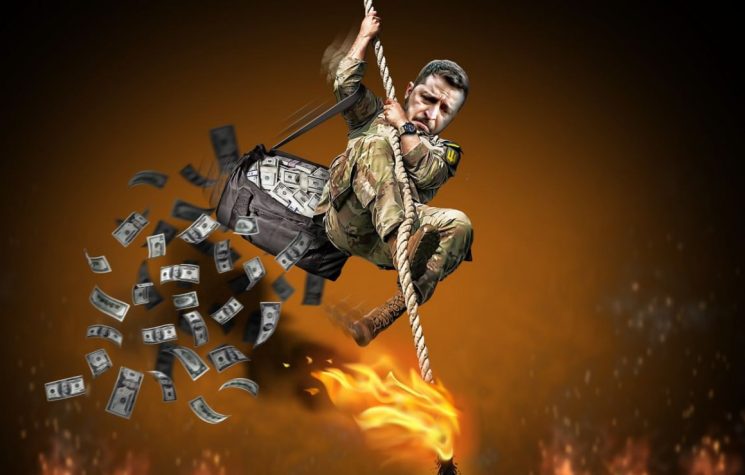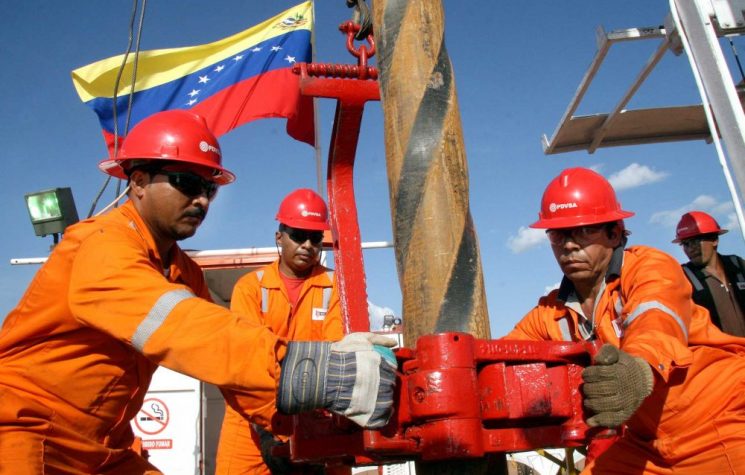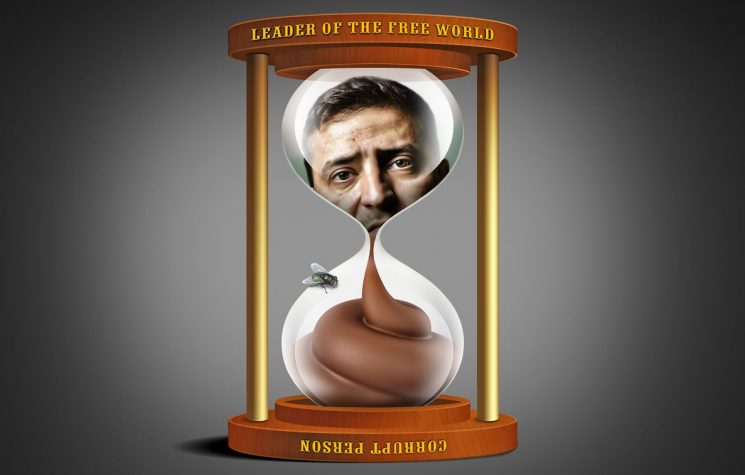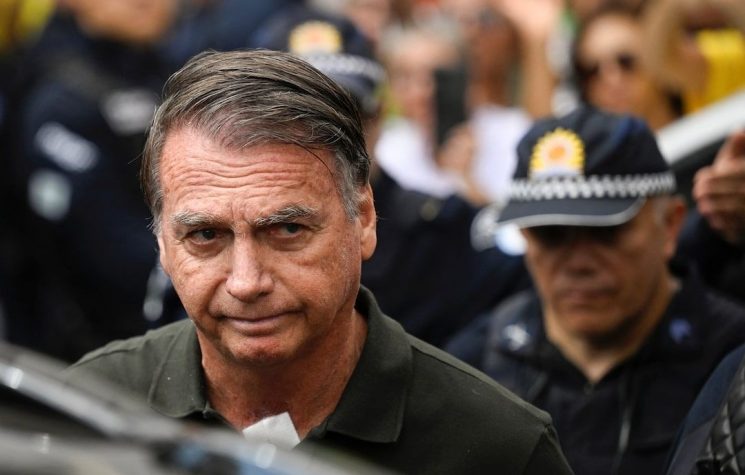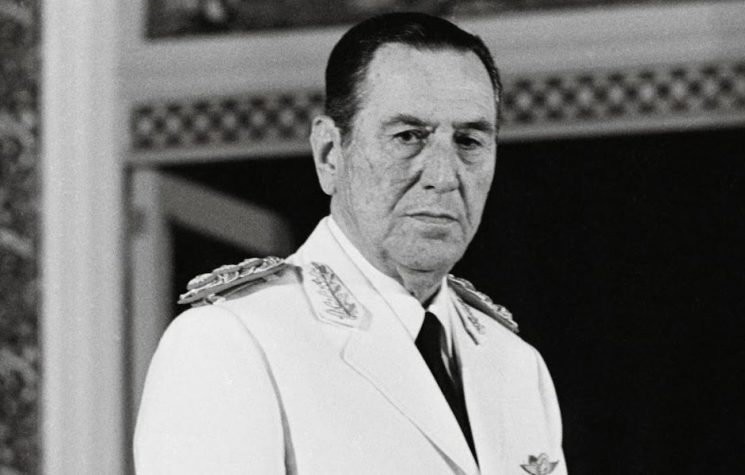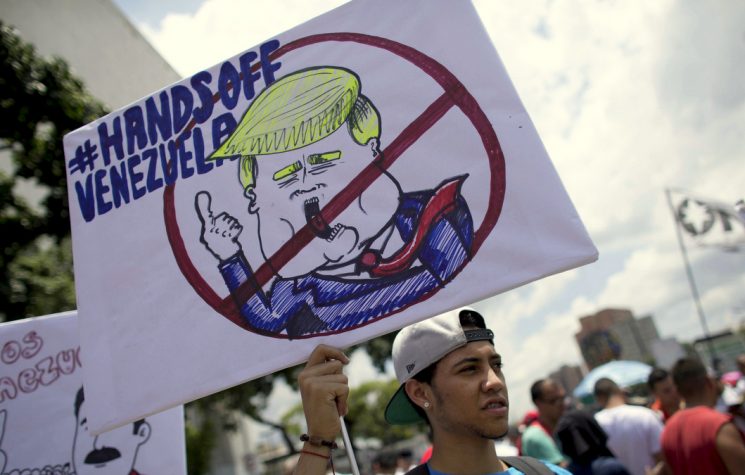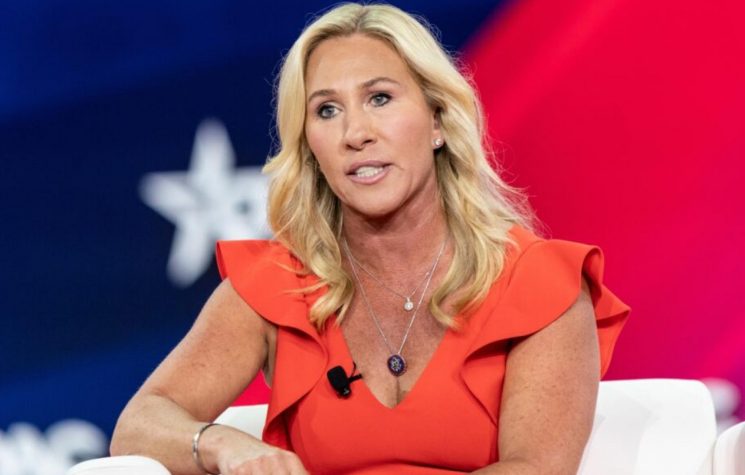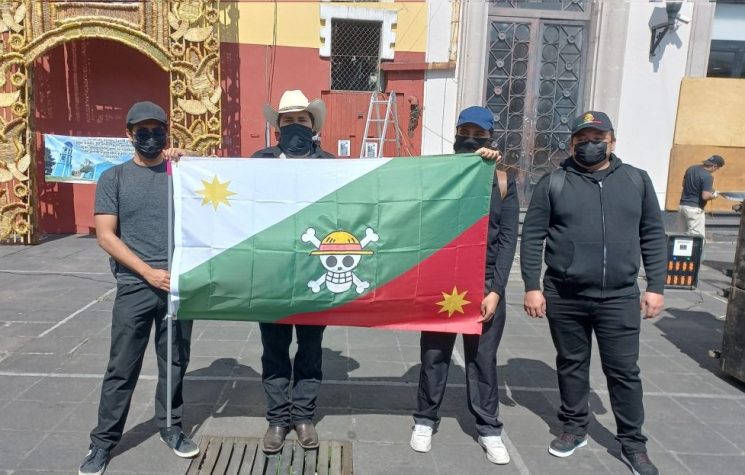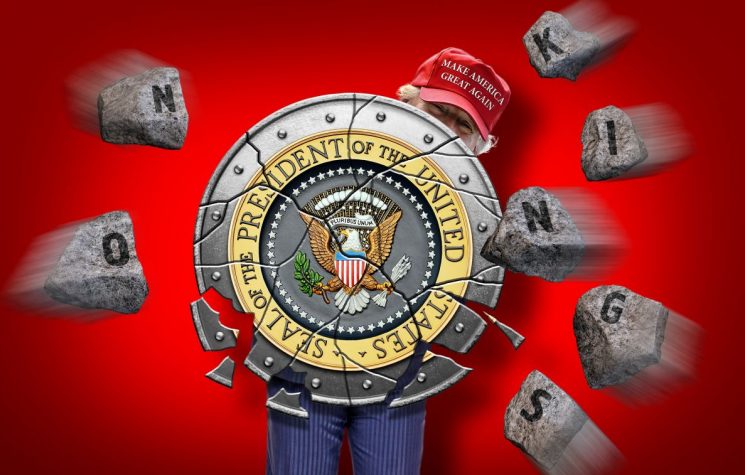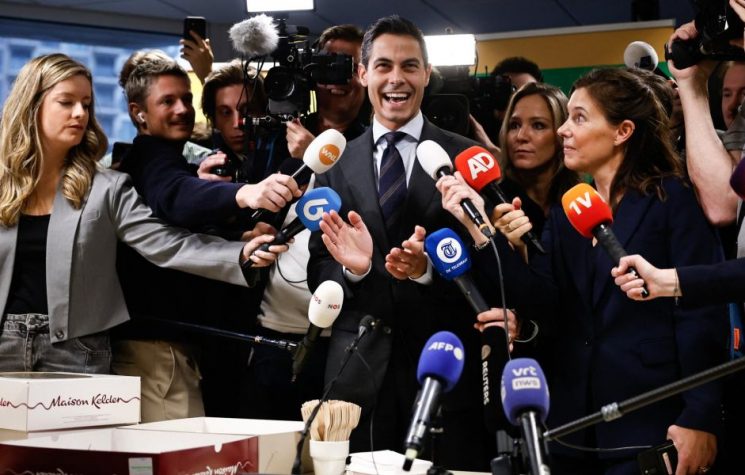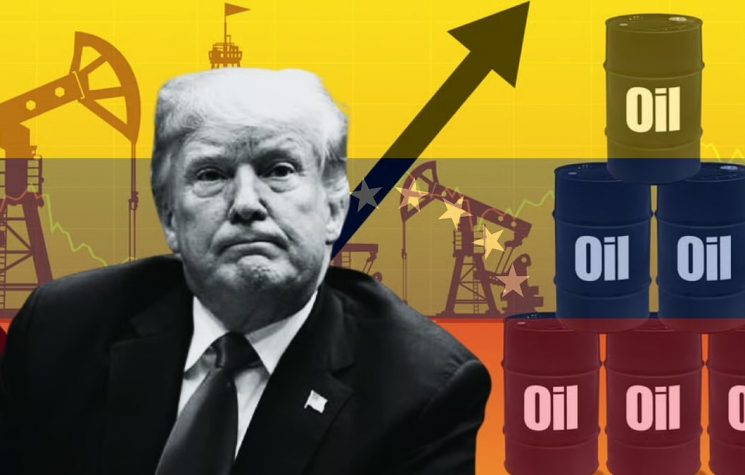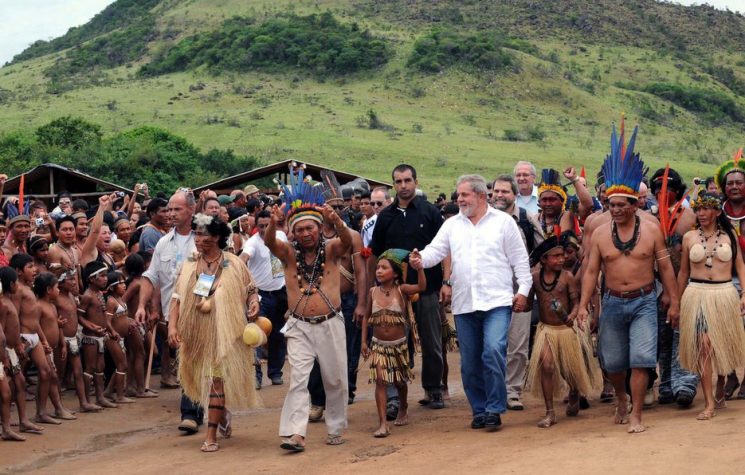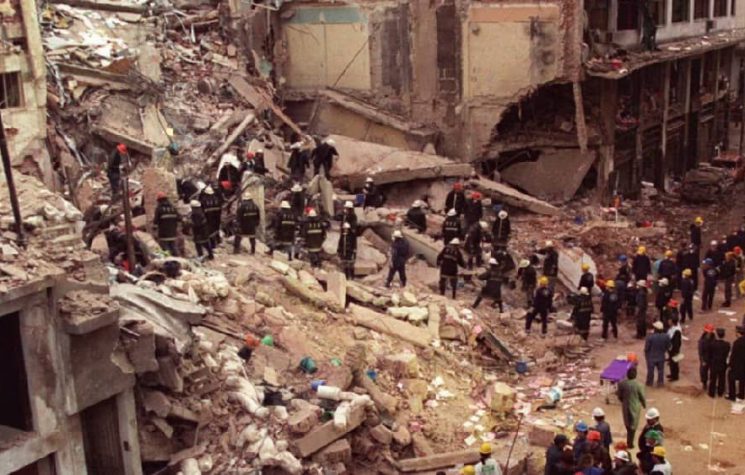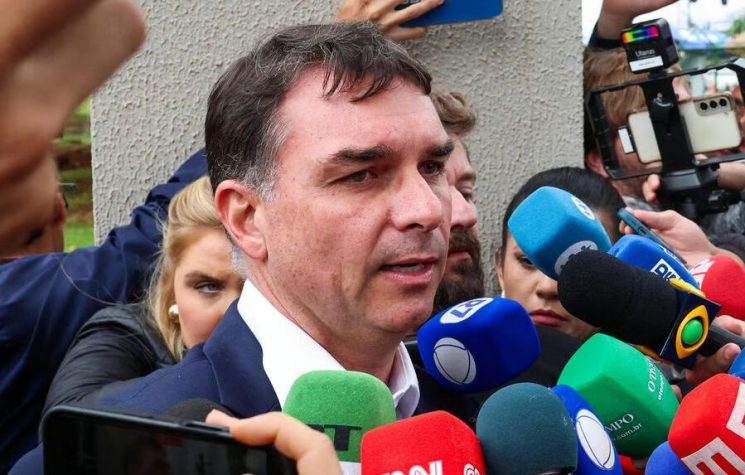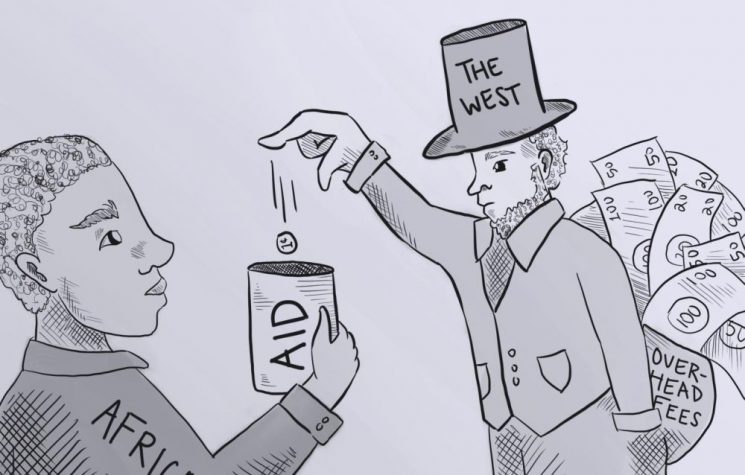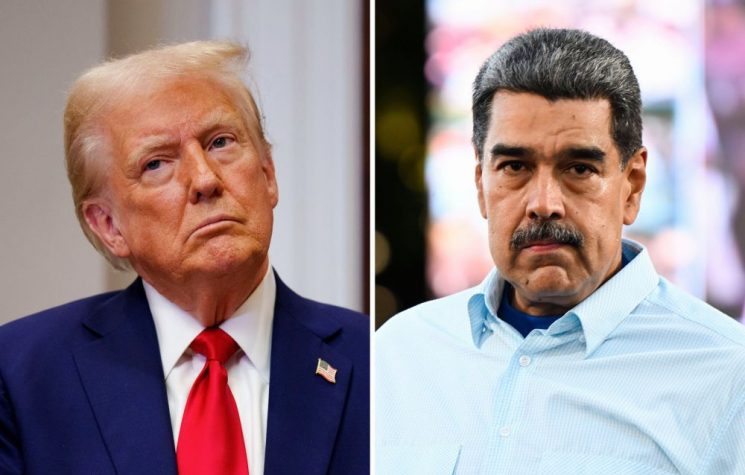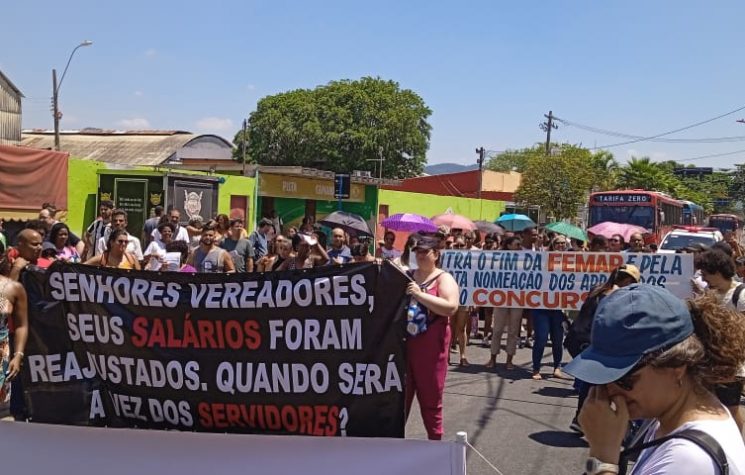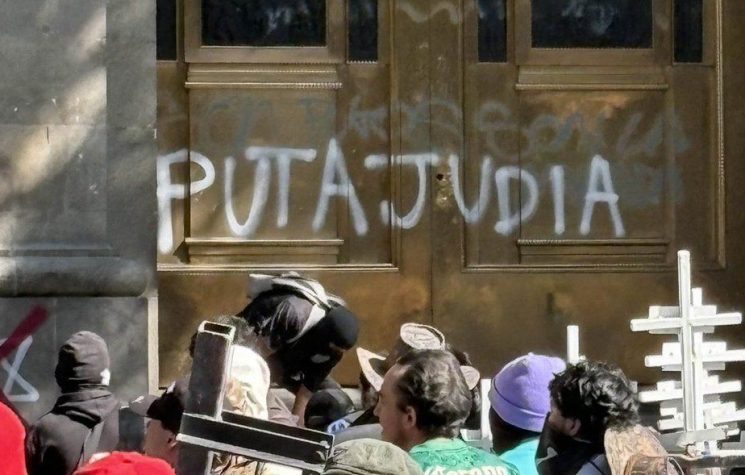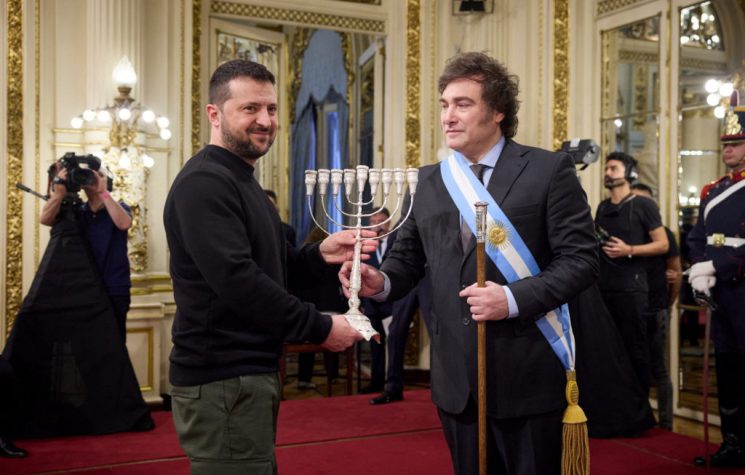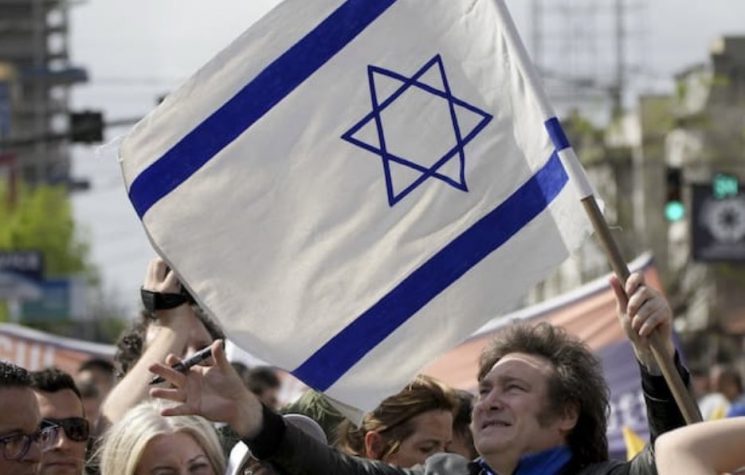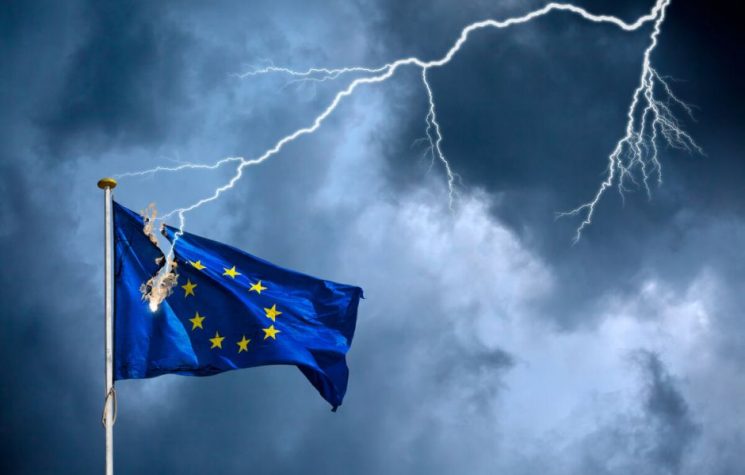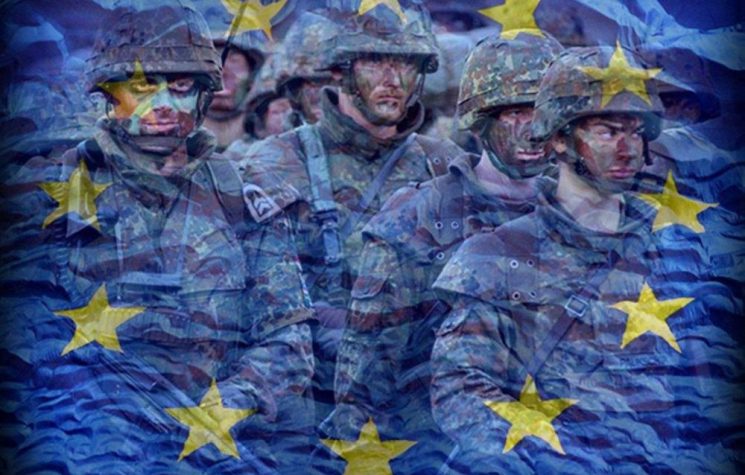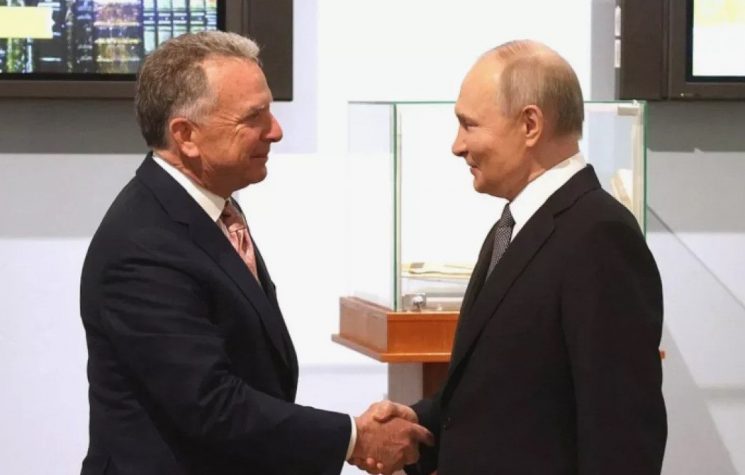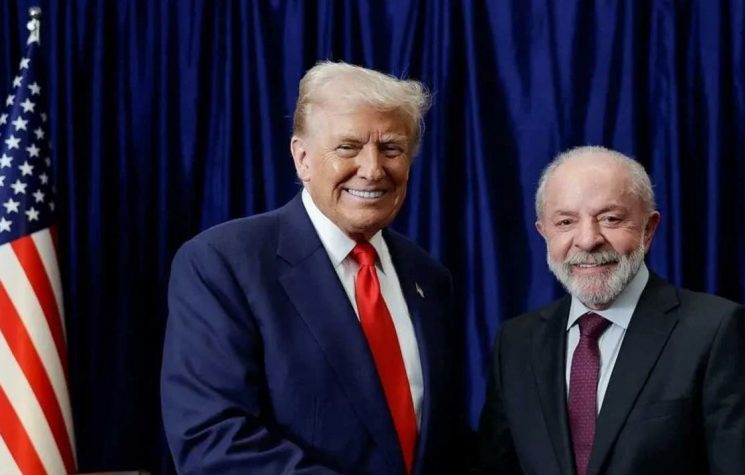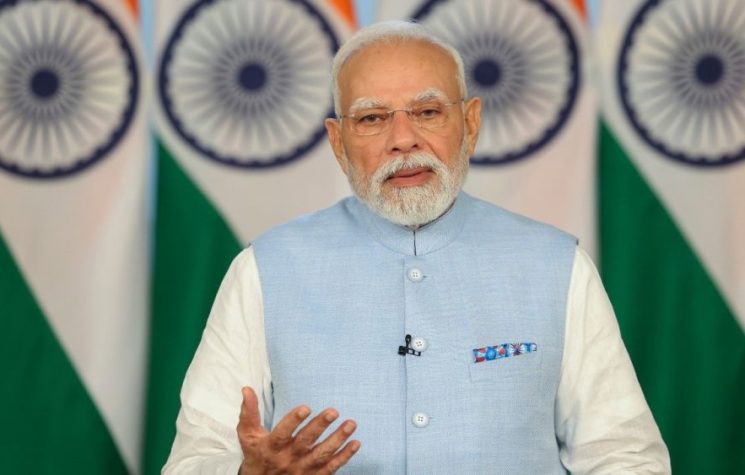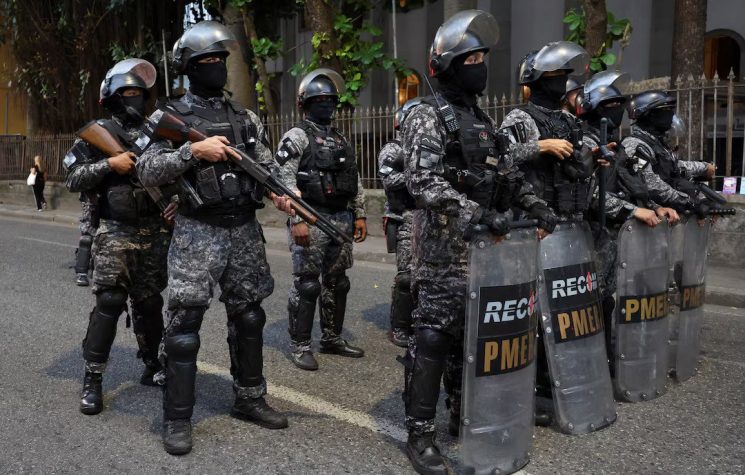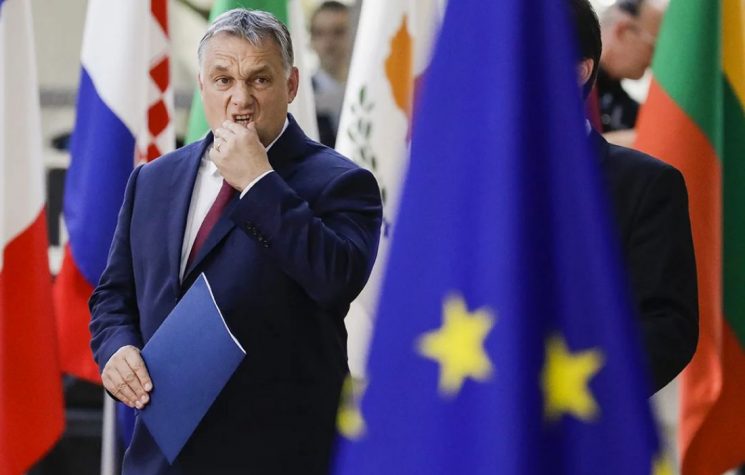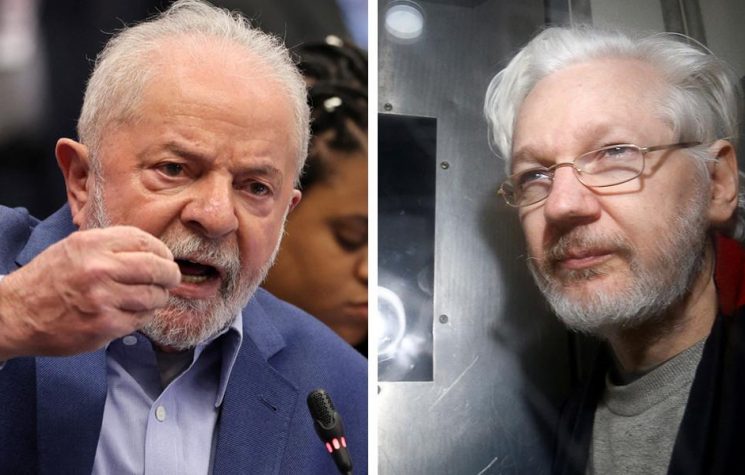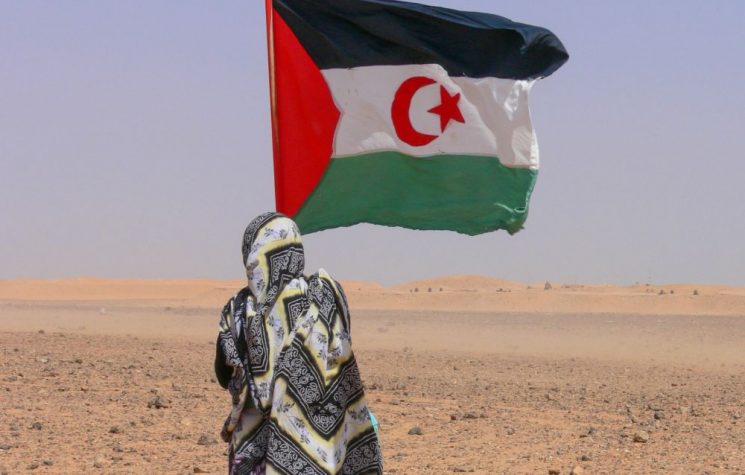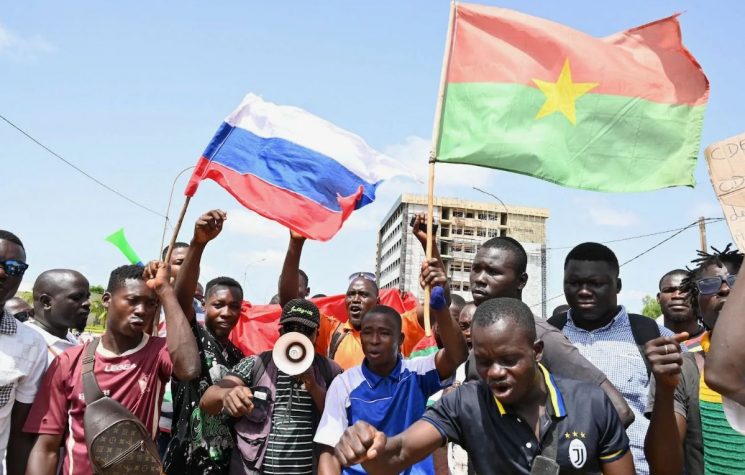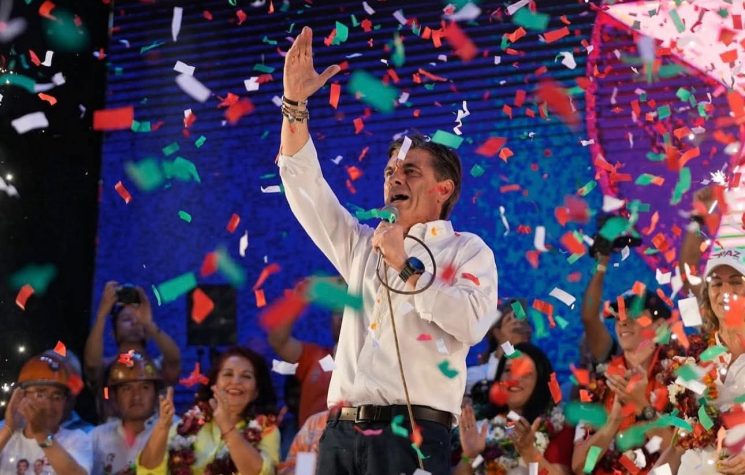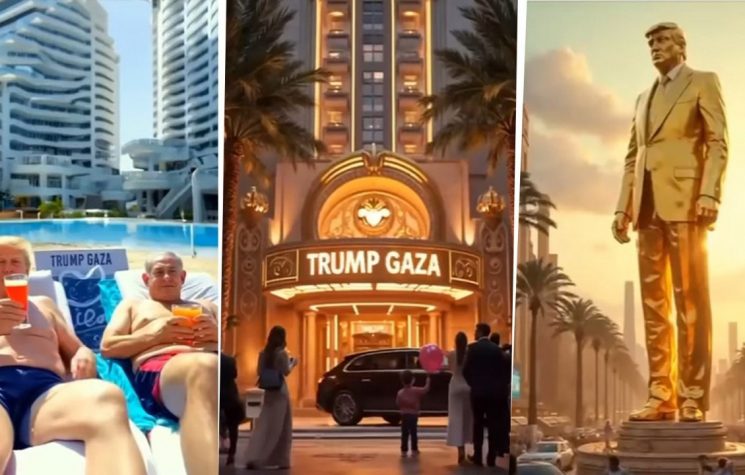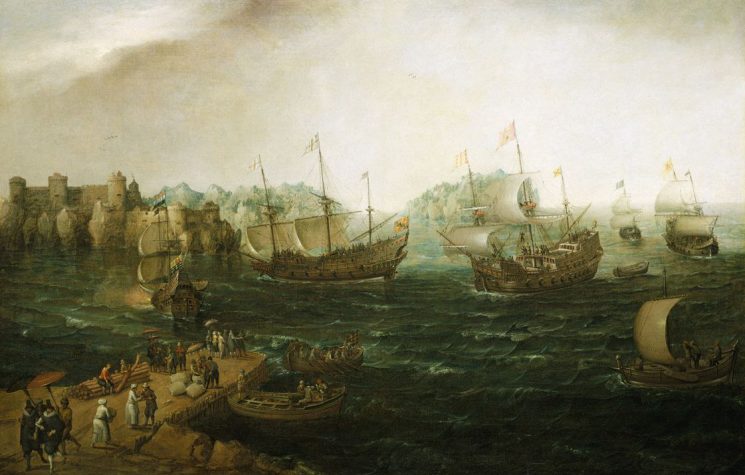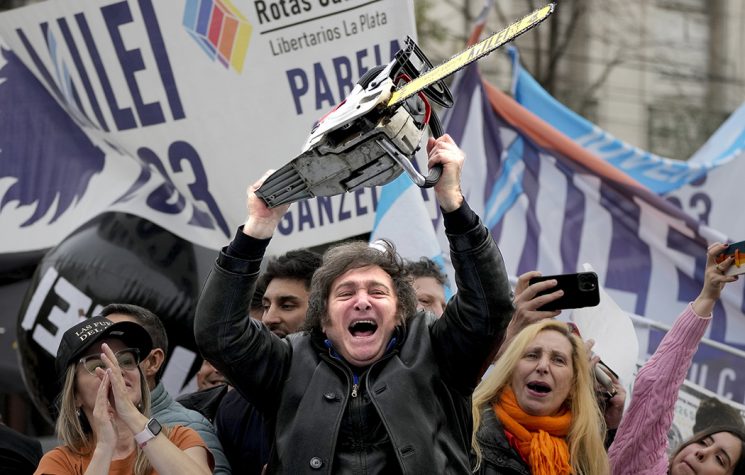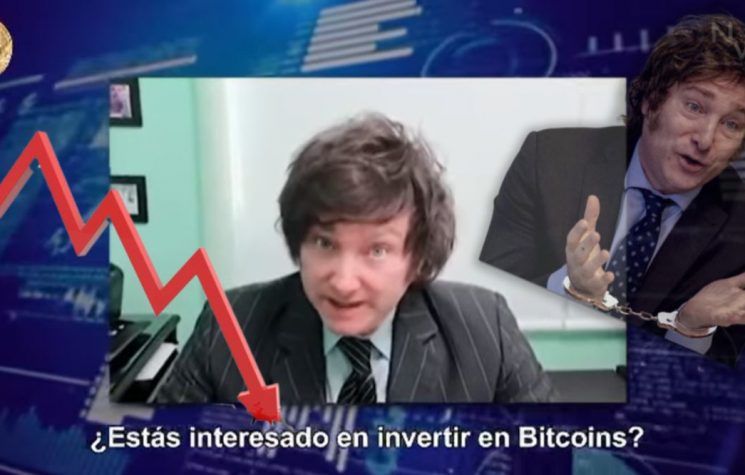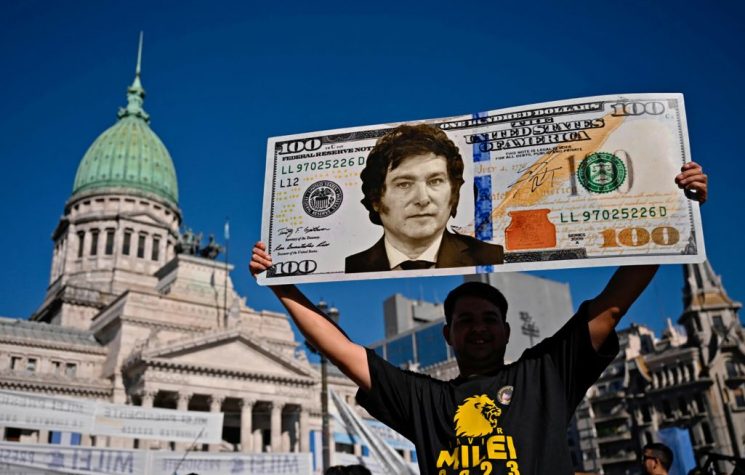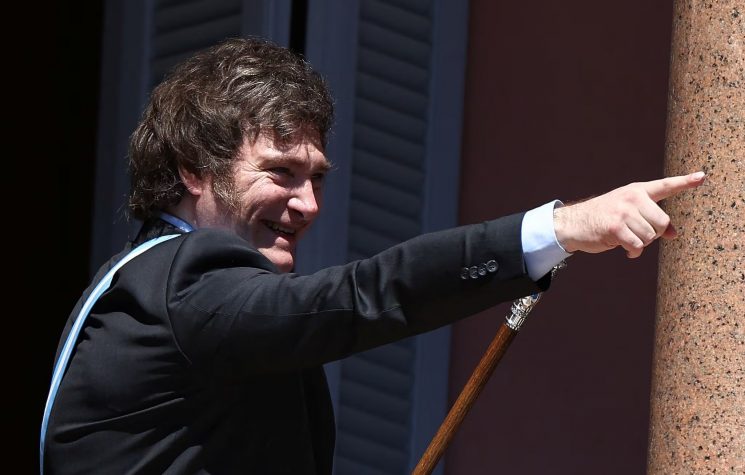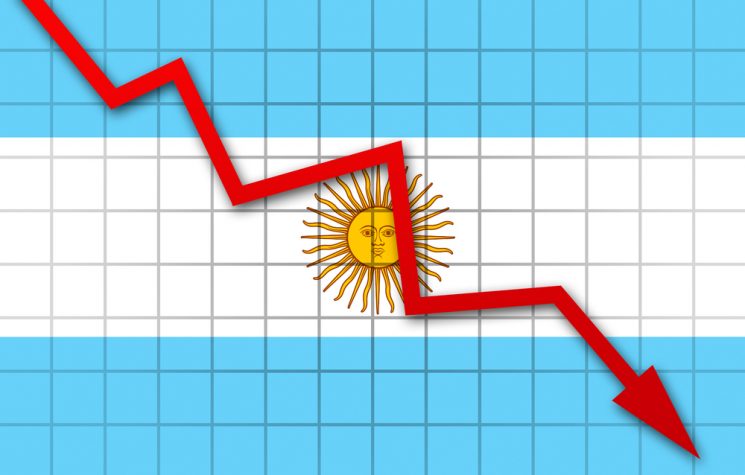Argentina is the pivot of a new stage in the United States’ continental dominance strategy, following the election of Javier Milei.
❗️Join us on Telegram![]() , Twitter
, Twitter![]() , and VK
, and VK![]() .
.
Contact us: info@strategic-culture.su
Argentina is the pivot of a new stage in the United States’ continental dominance strategy, following the election of Javier Milei. It aims to establish new control over the Americas in the face of a global scenario of intensifying contradictions and accelerated loss of hegemony by American imperialism, within which a new world war is not ruled out.
Milei’s close ties with the U.S. have been exposed mainly by the Argentine and South American alternative press, in addition to the public demonstrations of the recently inaugurated Argentine leader.
The script was nothing new: a supposed “outsider” with strong appeal on social media who promises to bury the “political caste” in the name of the “freedom” of ordinary citizens. A new political party with a movement look. The banner of the “fight against corruption”. This type of candidacy has become fashionable in recent years and it is precisely the recent history that helps to understand the involvement of North American imperialism in this game.
Nayib Bukele in El Salvador, Daniel Noboa in Ecuador, Vladimir Zelensky in Ukraine and Donald Trump in the U.S. are great exponents of this trend – although the latter, unlike the others, is not unanimous within the apparatus that dominates the U.S. establishment. They all came to power following a script also used by Milei. Jair Bolsonaro is also a famous example of this project.
But while these political figures had as tools only social media, their newly created parties and anti-corruption demagoguery, U.S. involvement was hidden from most observers. However, they then began to receive great attention from the mainstream media, to hold meetings with large businessmen, to receive praise from bankers and foreign actors to, finally, come to power.
In Milei’s case, it is even easier to recognize his relationship with American imperialism. Unlike Bukele and Noboa, and as well as Bolsonaro, Argentina’s new president openly declares his love for the United States.
These statements are revealing and worrying, but more revealing and worrying are the measures that the Buenos Aires leader is applying. This is true neoliberal shock therapy, that is, the policy of putting into practice its government plan in the shortest possible time, the complete and immediate devastation of all the social and economic rights of workers, the vast majority of the population.
Milei was not elected in a free, democratic election. No one can have the illusion that a program just like his can be chosen freely and spontaneously by the majority of voters. He managed to get elected thanks to a complicated and prolonged plot, which began with the abandonment of Cristina Kirchner’s candidacy to favor Peronism’s right-wing allies and ended with the support of Milei from the main bankers’ representatives in Argentina, namely Macrismo.
Kirchner suffered for years (and continues) fierce persecution, similar to that which perpetrated President Lula in Brazil, promoted by the judiciary and the oligopolistic press. It has finally become a consensus among the Latin American left that this “lawfare” is actually a coup on a continental scale, planned in Washington. And there can be no doubt about that. The entire Argentine bourgeoisie, subservient to the U.S., united to defeat Kirchnerism. The only one who could do this was Milei, whose demagoguery and business support won him a mass of voters. The pact with Macri and Patricia Bullrich, a “third way” candidate, sealed the commitment between Milei and American imperialism.
The soft coup of the elections is followed by a more hardline coup to ensure the success of shock therapy. Knowing that his program is rejected by the broad Argentine masses, Milei saw no problem in establishing a proto-dictatorship to curb opposition against his measures. The fines and sanctions against protesters, apart from traditional police repression, are clear dictatorial measures. The season of political persecution against unions, parties and social movements is open, inspired by the last military dictatorship experienced by Argentines – it is not only in words, but mainly in their practice that Milei and his allies express sympathy for the period of Videla and company.
While repressing popular opposition, Milei carries out the first measures of his program, such as cutting social programs, ending subsidies for the poor, privatizing state companies, dismissing thousands of public servants, censorship of the press (of course, not to the monopolies that elected him), the attempt (not yet implemented) to de-dollarize the economy.
Just as Pinochet and Yelstin did, Milei’s repression is accompanied by a strong psychological operation to justify the indefensible. His propaganda blames previous governments, mainly Peronism, for the “ruin” the country was left with. Like Bolsonaro, Milei recovers the ghost of communism and, along the lines of Hitler and Mussolini, exalts a supposed almost mythological and nostalgic past, when Argentina would have been a pure and immaculate country. Furthermore, fear and blackmail, traditional instruments of fascism, are also wielded by Milei, who warns Argentines that a hecatomb will befall the country if his neoliberal reforms are not implemented.
Milei is the leader of the imperialist reaction on the continent
The steps taken by the Argentine government’s foreign policy show that it will not stop at internal devastation. As if the hostilities towards the “communists” Maduro, Ortega and Díaz-Canel, and President Lula himself, were not enough, Milei fulfilled his promise not to join the BRICS. This was the most important sign that the new Argentine government will serve as a proxy for the United States and will act against South American integration and the independence of countries in the region.
And the main target of this plan is Brazil. The PT governments distanced themselves – albeit timidly, but in a way unacceptable to the U.S. – from Washington and moved closer to China. That is, they made Brazil a little more independent from imperialist rule. That’s why Dilma Rousseff was overthrown and Lula was arrested. That’s why the U.S. is trying to frame Lula’s third term, using the control it still exercises over the judiciary, the legislature, the armed forces and political parties to contain the desires of the Brazilian president, a notorious critic of American domination over Brazil and the world.
The U.S. has always considered Brazil to be the most important country in the Southern Hemisphere and Latin America, with the historical potential to lead this entire portion of the planet. Therefore, Brazil is a geopolitical adversary for the United States. Even in the 1990s, at the height of neoliberal hegemony and with the puppet Fernando Henrique in government in Brazil, Henry Kissinger was concerned that the economic integration of South American countries through the creation of Mercosur could “generate a potential conflict between Brazil and U.S. on the future of the Southern Cone”, as he wrote in his book “Does America Need a Foreign Policy?”.
And, in fact, since the PT’s first stint in government, Brazil has reinforced its leadership over other Latin American countries, particularly those in the Southern Cone. Brazil’s strategic partnership with China, its rapprochement with Russia and the fact that it is the only country in the Western Hemisphere to join the BRICS is a danger to American domination. For U.S. imperialist interests, Brazil cannot continue on this path.
Being the second most important nation on the continent and a historical rival of Brazil – particularly during the first 100 years of independent life in Latin America – Argentina should then serve to counterbalance Brazilian influence, in the U.S. view. And that is Milei’s mission. If Lula is the agent of the continent’s progressive and sovereign integration, Milei is now the agent of reactionary pseudo-integration and submissive to the interests of the White House. What the U.S. was unable to do fully with Bolsonaro, it will attempt with Milei.
It is no coincidence that, shortly after Milei took power in Argentina, a crisis exploded in Ecuador, leading the new government of right-wing Daniel Noboa to establish, in practice, a military dictatorship, under the excuse of combating organized crime. And Milei’s government stated it was willing to send Argentine forces to assist in the repression.
Noboa was also elected in a soft electoral coup. It is always necessary to remember that Rafael Correa and his “citizen revolution” were removed from power by the betrayal of Lenín Moreno, guided by the U.S., and forever prevented from returning to power by Ecuadorian justice. This contained the victory potential of his supporters in the two subsequent elections, including the one in 2023. Shortly after taking over the government, Noboa decreed a state of emergency and a curfew. In practice, he handed power to the military to fight “terrorism” in what he called an “internal armed conflict”.
Noboa received full support from parliament, which offered amnesty to military and police officers who commit crimes against human rights during the state of emergency. In fact, repressive forces now have an official license to kill and can invade any home without needing a court warrant.
U.S. agents have probably been operating since the beginning of the crisis in Ecuador, but the official announcement that they will send advisors and experts and Noboa’s acceptance put to rest any doubts about an American connection. Ecuador was already the country that received the most American military support in the region, thanks to the realignment promoted following Moreno’s electoral coup and particularly during the mandate of banker Guillermo Lasso. The agreements allow the Pentagon to send military personnel to combat organized crime at Quito’s request. Ecuador has a strategic position, close to Venezuela and the Caribbean and bathed by the Pacific Ocean – a possible stage for an eventual U.S. war confrontation with China – and the Galápagos Islands could eventually house an American base.
“We need international cooperation. I am happy to accept U.S. cooperation. We need equipment, weapons, information, and I think this is a global problem”, Noboa declared. And he concluded, stating that terrorism and drug trafficking are not just a problem in his country, but that it “transcends national borders”. With reason, some analysts are already considering that this is an opportunity for the U.S. to execute an “Ecuador Plan”, reviving Plan Colombia, which was a military intervention on Ecuador’s neighbor throughout the first decade of the 21st century. In fact, this plan could perfectly extend across the entire continent, since organized crime is a social problem in practically all Latin American countries and the U.S. considers that this affects its national security. The excuse for intervention already exists, they just need to “convince” countries to accept it.
The crisis in Ecuador also served as a pretext for Peru to mobilize its repressive forces, raising the possibility that Ecuadorian criminals could cross the border and destabilize the country. Peru is another South American country where a dictatorship has been in force since the coup against Pedro Castillo. The election of Milei in Argentina and the militarization in Ecuador drive the resurgence of the Peruvian regime, which has been occurring on a regular basis. The prosecutor’s office asked for 34 years in prison for Castillo, at the same time that former dictator Alberto Fujimori was released from prison. And Dina Boluarte’s government is not the most reactionary that Peruvians could face: Fujimori’s release indicates a possible U.S. option for Fujimorism (whose strength has grown again, both among the middle class and the bourgeoisie, and within the state apparatus and the armed forces).
Far-right forces have been reorganizing in recent years on the continent, with greater or lesser support – but always support – from the United States, depending on the political situation in each country. José Antonio Kast almost won the last elections in Chile, Camacho was one of the leaders of the 2019 coup and destabilization in Bolivia and Uribismo is still strong in Colombia. This year there will be elections in Uruguay – governed by the traditional right with support from the extreme right, whose military members of the Cabildo Abierto have put their boots on the ground in politics after almost 40 years. Also in El Salvador – where Bukele organized the executive, legislative and judiciary, which overrode the law to allow his candidacy for re-election, and controls the press with an iron fist. Bukele is also responsible for making El Salvador a police state and a model for Noboa to follow, as well as a reactionary counterpoint to the influence of Sandinista Nicaragua and Obrador’s Mexico in Central America. Mexico itself will also have elections and AMLO will no longer govern the country, which will return to a government more aligned with the USA, even if Morena, Obrador’s party, wins.
Brazil’s role
The imperialist reaction will seek, as one of its immediate objectives, the defeat of Nicolás Maduro and Chavismo in the Venezuelan elections scheduled for this year. As always, failing to win at the polls, the U.S. will fuel an opposition coup, first with widespread defamation in the Venezuelan and international media, to pave the way for a destabilization similar to the guarimbas of 2013-2019.
This will depend on the strength that the U.S. will have to meddle in Venezuelan affairs. At this moment, it seems impossible for the opposition to achieve anything due to its fragility and division after the successive coup defeats. At the same time, China and Russia are strategic allies of Caracas and see Maduro’s victory as fundamental to maintaining their increasingly influential positions in Latin America and the Caribbean, as well as countering U.S. policy.
The greatest danger of the advance of the pro-imperialist extreme right from Argentina, however, is in encouraging the extreme right within Brazil itself. The 2022 defeat to Lula was important, but not decisive. Bolsonarism remains strong and the contradictions it has with the traditional wing of the Brazilian right – the most subservient to the U.S. – do not mean that it has ruled out new support for it to remove Lula and the PT from the government. Anyone who is deceived by the institutions’ alleged fight against Bolsonarism should compare the anti-Bolsonarist campaign of the judiciary and the press with the campaign that these same agents carried out against the PT between 2012 and 2018.
The Bolsonaro family is an ally and friend of Milei, as well as Donald Trump. He could also return to government in this year’s elections in the United States, and if that happens the pressure against Lula and in favor of Bolsonarism will be very violent. Bolsonaro and Milei are also the great political strongholds of Zionism in Brazil and Argentina and have good relations with the Mossad, which, like the CIA, is an important factor of destabilization that should be absolutely rejected by any ruler who wants to complete his mandate.
Brazil has traditionally had as its main strategy, at least since the 20th century, the alliance with Argentina in South America. That is why Lula was so insistent that the BRICS integrate Argentina, as well as visiting Buenos Aires first after being sworn in 2023 and therefore demonstrates pragmatism in relations with Milei, publicly wishing to maintain traditional and good relations with the neighboring country.
Contrary to what some naive people think, there is no Brazilian hegemony in South America. The hegemony is American, despite being in crisis. On the other hand, Brazil is, as Kissinger admitted, the U.S.’s greatest potential rival in the region. Logically, this does not mean that Brazil has imperialist intentions, as to do so it would be necessary to have a fully advanced capitalist economy, something that Brazil never had precisely due to the oppression of American imperialism. For Brazil to fulfill its role as a substitute for the U.S. as a great power in South America, it is essential that the U.S. is no longer able to exercise its hegemony and this is happening little by little due to the crisis of the capitalist system.
However, Brazil’s struggle, which is an anti-imperialist struggle by nature, cannot be victorious with a policy of conciliation with American imperialism, nor without an alliance with neighboring countries. Therefore, Argentina itself is Brazil’s main point of support against the U.S. And Brazil also needs allies outside the region who have the same strategic visions, such as China and Russia. Lula knows this perfectly and that is why he prefers rapprochement with Beijing and Moscow, as well as with the European Union, while relatively putting aside relations with the USA.
Lula and the PT enjoy an advantage that most of the Latin American left does not have. They receive great support from the Brazilian working class, and their close relationship with the unions and the landless movement has protected them from the siren song of identitarianism and American-funded NGOs – although it has co-opted the middle classes within the PT and the government. The artificial character and/or commitment to a supposedly progressive imperialist wing (grouped in the U.S. Democratic Party) makes governments such as those of AMLO, Luis Arce, Gustavo Petro, Gabriel Boric and the recently installed Bernardo Arévalo extremely vulnerable to coups and destabilizations.
Lula is the main target of the imperialist coup and, therefore, it is imperative to remove the bad influences from the government (which actually consist of a fifth column at the service of the coup). At the same time, he should strengthen ties with the layer that protects him internally (the unions and popular movements) and with strategic allies in the fight for independence in the face of imperialist harassment (the BRICS).
Just as happened before its entry into the Second World War, the United States once again needs to guarantee the cohesion of the Americas (a region that has always been its natural zone of influence) around its policy, in the face of a scenario of international instability, increased tensions with its Russian, Chinese and Iranian rivals and the increasing possibility of a Third World War. It is for this reason that the U.S. is reordering continental policy, to replace sovereign governments with submissive ones, working above all to prevent Russia, China and Iran from aligning themselves – countries that are leading the process of expelling the U.S. from Western Asia and other regions of the globe.
In this situation, the Brazilian government needs to work in the opposite direction and prevent and reverse the trend of coups in Latin America, setting an example for the continental left, supporting truly anti-imperialist movements and resuming commercial and infrastructure partnerships that were suspended due to the dismantling of Brazilian companies with the imperialist coup in 2016. Because the main target of these coups is Brazil.










